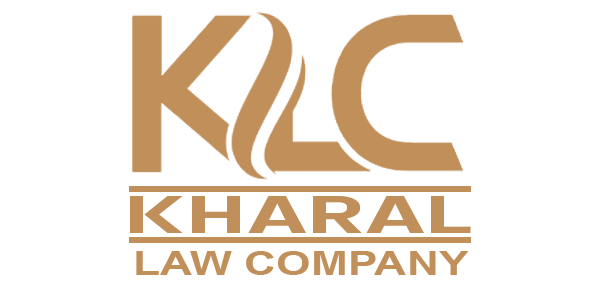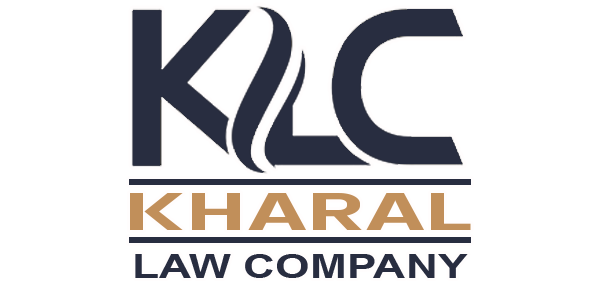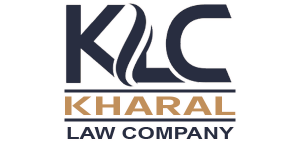
In this final module for Course 1, you will gain an understanding of key accounting assumptions and principles and learn about the different types of accounting methods bookkeepers use. Each province in Canada has a different threshold for when a business owner is required to pay taxes by quarterly instalments, instead of as a lump sum at the end of the year. If you manufacture goods, your inventory accounting entries will reflect several stages of completion. If you produce wooden furniture, some of your inventory may be unfinished wood products, furniture currently on the assembly line, and finished pieces.
Principles of Accounts Payable and Receivable Management
- For a small business, this can be a great way to get the benefits of having a dedicated bookkeeper and accountant without the need to build out your own accounting and bookkeeping department.
- An example of an expense account is salaries and wages or selling and administrative expenses.
- This saves you from tracking important financial information for the end of the fiscal period at the last-minute.
- In this final module for Course 1, you will gain an understanding of key accounting assumptions and principles and learn about the different types of accounting methods bookkeepers use.
- Every transaction you make needs to be categorized and entered into your books.
- I feel as though I will be ready to step into a bookkeeping role if the other courses are as informative.
Maintaining bookkeeping tasks is essential for the stability and success of small businesses. With so many moving pieces (including assets and liabilities, and income and expenses), bookkeeping 101 small business owners must stay on top of it all. Explore our accounting courses for beginners and gain knowledge in a wide range of essential skills.
A full-service accounting firm serving the needs of businesses and individuals in the NY tri-state area.

However, you don’t actually pay the fee until you’ve received the parts, in February. You also need to ensure that all transactions concerning these three are correctly recorded in the right journal or document. When you’re stuck in the minutiae of reconciling your transactions, this won’t feel like “seven easy steps”. The IRS also has pretty stringent recordkeeping requirements for any deductions you claim, so having your books in order can remove a huge layer of stress if you ever get audited.

Outsourcing to a professional
Doing so lets you produce financial statements, which are often a prerequisite for getting a business loan, a line of credit from a https://www.facebook.com/BooksTimeInc/ bank, or seed investment. Never leave the practice of bookkeeping (or your business assets) to chance. No matter what system you implement, incorporate a practice of reconciliations, by comparing the numbers in your system to the source records, like bank statements, receipts, and invoices. This habit improves communication, boosts transparency with your bookkeeping team, and promotes longevity and compliance.
Finding a Bookkeeper

Accountants rely on bookkeeping records https://www.bookstime.com/articles/bookkeeping-for-landscaping-business to analyze and advise on the financial activity, health, and growth potential of a business. Effective bookkeeping requires an understanding of the firm’s basic accounts. These accounts and their sub-accounts make up the company’s chart of accounts. Assets, liabilities, and equity make up the accounts that compose the company’s balance sheet. You also have to decide, as a new business owner, if you are going to use single-entry or double-entry bookkeeping. You record transactions as you pay bills and make deposits into your company account.


